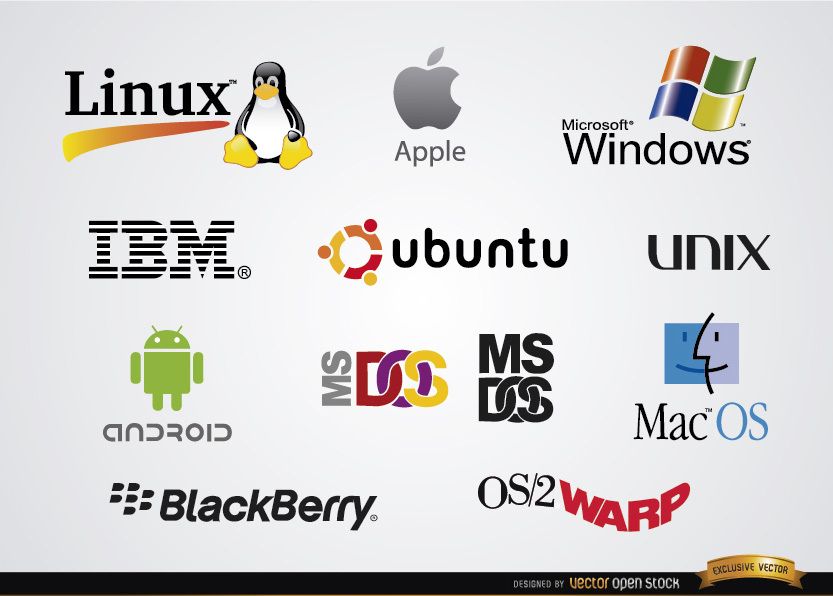Is Apple Changing Its Operating System Names? A Comprehensive Look

Table of Contents
The Current Apple Operating System Landscape
Apple currently utilizes distinct operating system names for its various devices. This strategy offers clarity and immediately identifies the device the software runs on. Let's break down the current landscape:
- macOS: Powers Apple's Macintosh computers, offering a robust desktop environment, powerful applications, seamless file management, and a vast library of productivity and creative software.
- iOS: The heart of iPhones and iPod Touches, known for its intuitive touch interface, app ecosystem, and mobile-first design.
- iPadOS: Optimized for iPads, blending the best of iOS's touch capabilities with multitasking features and desktop-class apps, creating a powerful tablet experience.
- watchOS: Runs on Apple Watches, focusing on fitness tracking, notifications, and app functionality tailored for a wrist-worn device.
- tvOS: Powers Apple TVs, delivering a streamlined interface for streaming apps, gaming, and other entertainment options.
The logic behind this differentiated approach is straightforward: each name clearly signals the target device and its unique functionality. However, as Apple's ecosystem expands, questions arise about the long-term effectiveness of this fragmented naming strategy.
Arguments for Changing Apple Operating System Names
While the current system offers clarity, some argue that multiple operating system names cause unnecessary brand confusion, particularly for new users. A unified branding approach could offer several advantages:
- Enhanced Ecosystem Appeal: A single, overarching brand name could further solidify the “Apple Ecosystem” appeal, emphasizing the seamless integration between devices.
- Simplified Marketing: Streamlining the marketing message around a unified name would be significantly easier than explaining the nuances between iOS and iPadOS, for instance.
- Improved User Understanding: A simpler naming structure could enhance user understanding and reduce the learning curve associated with navigating Apple's diverse range of devices and software.
- Potential for Future Expansion: A streamlined name would offer scalability for potential new devices and operating systems within Apple's expanding product portfolio.
Arguments Against Changing Apple Operating System Names
Despite the potential benefits of a unified naming system, there are compelling arguments against changing Apple's operating system names:
- Established Brand Recognition: macOS, iOS, iPadOS, watchOS, and tvOS are well-established and widely recognized brands. Changing them would necessitate a costly and potentially disruptive rebranding effort.
- Significant User Confusion: A sudden shift in naming conventions would undoubtedly confuse millions of existing users. The learning curve associated with adopting new names could overshadow any potential benefits.
- Extensive Development Costs: The cost of transitioning to a new naming structure would be astronomical. Millions of lines of code across countless apps, support documents, and marketing materials would need updating. This includes user manuals, tutorials, and support articles—a massive undertaking.
Potential Future Apple Operating System Names (Speculation)
While a complete overhaul of Apple's operating system naming is unlikely in the near future, exploring potential scenarios is intriguing. Here are some possibilities:
- A Single Umbrella Name: A single name like "AppleOS" with device-specific sub-brands (AppleOS for Mac, AppleOS for iPhone, etc.) could offer a unified branding approach. However, this might lose the distinct identity currently associated with each operating system.
- Minor Adjustments: Subtle refinements to existing names, such as changing "macOS" to "macOS X," could offer a compromise between maintaining familiarity and introducing subtle modernization.
- Maintaining the Current Structure: Apple might decide that the current system's clarity outweighs the potential benefits of change.
The Future of Apple Operating System Names – A Call to Action
In conclusion, while the arguments for and against changing Apple's operating system names are compelling, the likelihood of a drastic change in the near future remains low. The established brand recognition and the potential for user confusion associated with a significant rebranding effort are substantial hurdles. Nevertheless, the discussion highlights the ever-evolving nature of Apple’s branding strategy and its ongoing quest to optimize user experience across its extensive device ecosystem. What are your predictions for the future of Apple operating system names? Share your thoughts on whether Apple should change its operating system names in the comments below! Let's discuss the future of Apple OS names and Apple's operating system branding.

Featured Posts
-
 Tour Of The Alps Team Victoriouss Strategy And Expectations
May 31, 2025
Tour Of The Alps Team Victoriouss Strategy And Expectations
May 31, 2025 -
 Understanding The 22 777 000 Banksy Print Market
May 31, 2025
Understanding The 22 777 000 Banksy Print Market
May 31, 2025 -
 Provincial Regulations The Key To Accelerating Home Construction
May 31, 2025
Provincial Regulations The Key To Accelerating Home Construction
May 31, 2025 -
 Impact Des Travaux D Ingenierie Castor Sur Deux Cours D Eau De La Drome
May 31, 2025
Impact Des Travaux D Ingenierie Castor Sur Deux Cours D Eau De La Drome
May 31, 2025 -
 Nyt Mini Crossword Answers For March 31 2025
May 31, 2025
Nyt Mini Crossword Answers For March 31 2025
May 31, 2025
